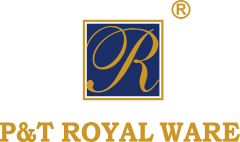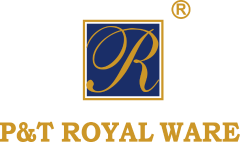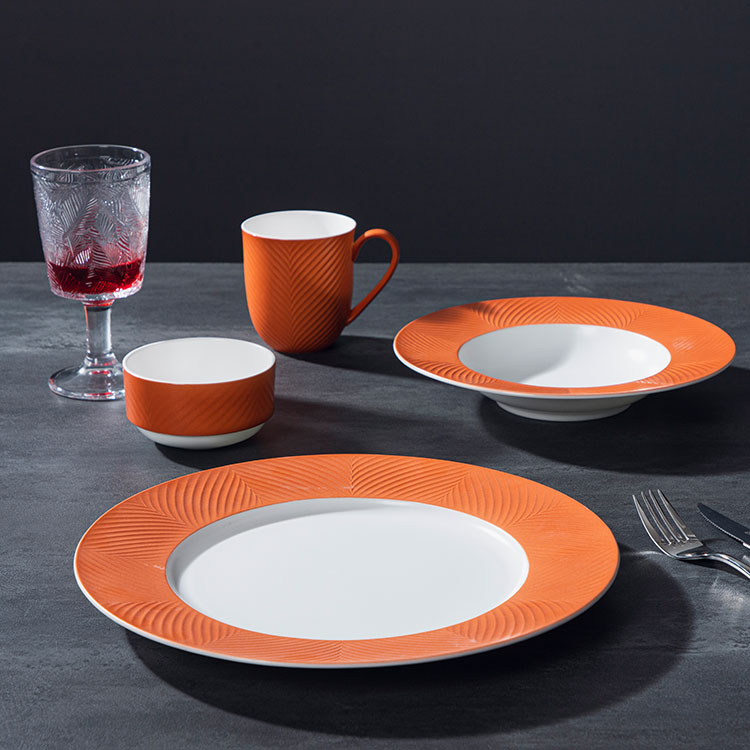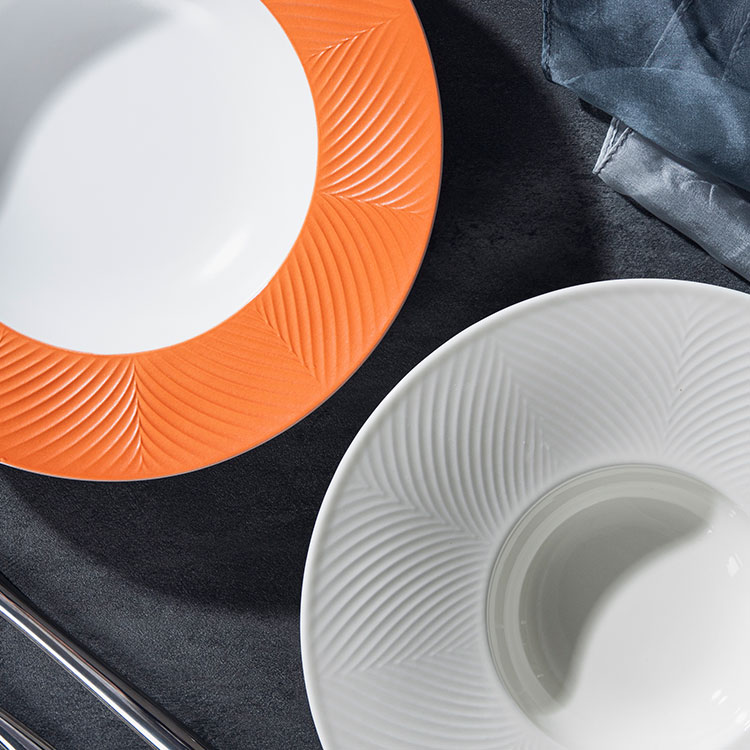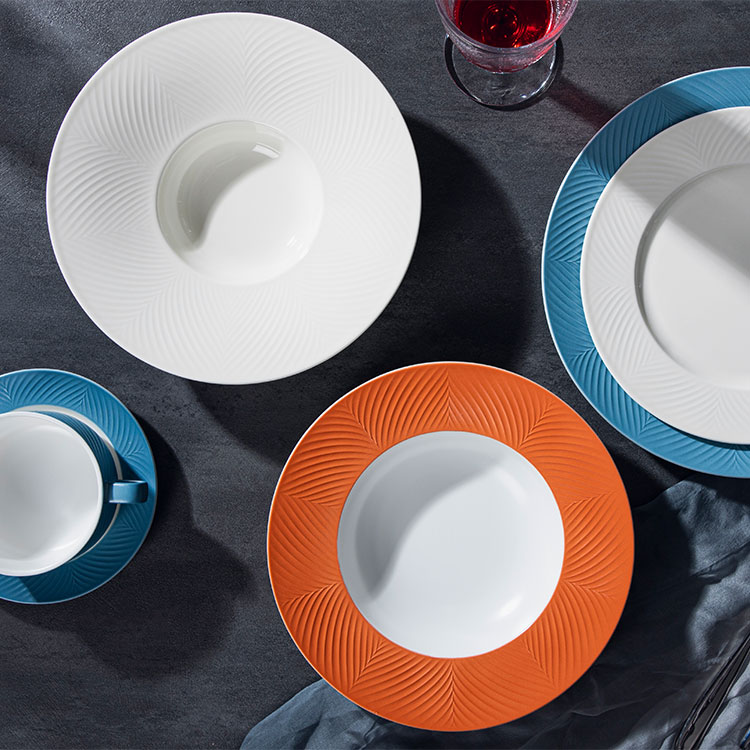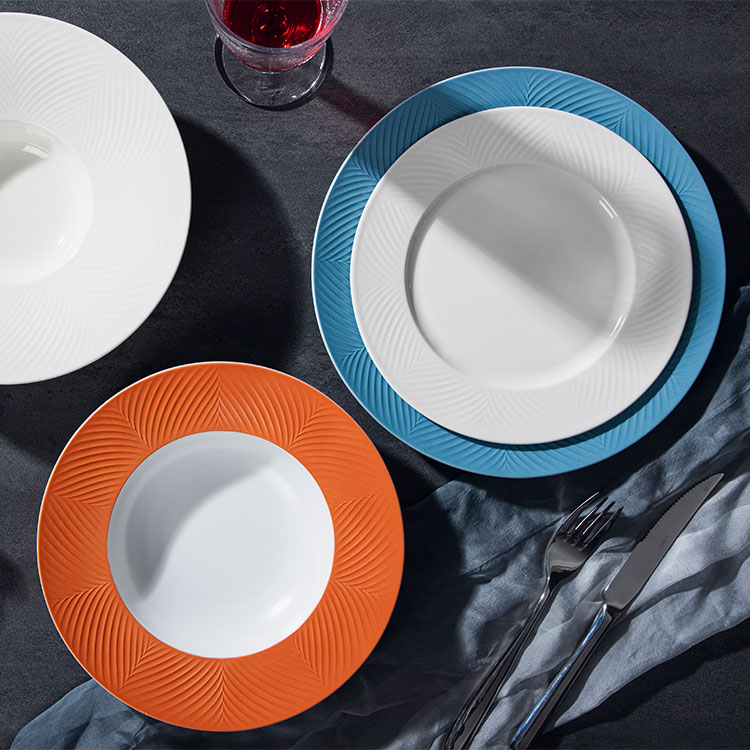Bone China Porcelain Dinnerware
Bone China Tableware
Color Glaze
| Brand | P&T Royal Ware |
| Material | Bone China |
| Grade | A Grade |
| Apply To | Hotels / Restaurants / Catering / Ban |
| Customized | Design according to Client' requirement |
| Packing | PE Foam + Inner box + Outer box |
| Dishwasher and Microwave | Dishwasher and microwave safe & heat resistant ( can stand with -30C-150C) |
DESIGN IDEAS
Is There A Difference Between Bone And Hard China?
Porcelain products have long been valued no less than gold and were available exclusively to important, significant people in society with great wealth. The secrets of making porcelain tableware were carefully kept behind seven seals and passed on from generation to generation. Such information openly declares that porcelain is not an ordinary material, and even modern women, who are not surprised by anything, look at elegant snow-white plates or a rich service with a beautiful edging, and are amazed and delighted.
Such a relevant material for the production of dishes, figurines and other products as porcelain is still often used to this day and has several types, among which the most popular are bone and hard. At first glance, it may seem that both of these types do not have significant differences, but in reality, this is absolutely not the case.
Bone ash. This is a difference from porcelain developed in England. Manufacturers once experimented by adding ground chicken egg shells to the mixture. But now it’s burnt cattle bone.
Hue. Due to varying amounts of kaolin and the presence of bone ash, bone utensils have a white or creamy white hue. But containers made from a solid composition are white or have a bluish tint.
Thickness. Hard porcelain cookware is slightly thicker and heavier. You can understand this if you pick up cups made of different materials. Although, in comparison with ceramics and earthenware, the solid mixture is still lighter.
Weight. Bone china dishes weigh less. On average, it is fired at higher temperatures; no water remains in the composition. Thin walls are its signature advantage. Because of them, such sets are considered festive.
Transparency. A quality that only bone utensils fully possess. If you expose it to the sun’s rays or a room lamp, the walls glow from the inside. Containers made from solid mixtures do not exhibit this effect.
Heat resistance. All raw materials undergo high-temperature firing, but only the hard variety is suitable for microwaves and ovens. It has a thick body that does not crack from overheating. Withstands up to 180 degrees.
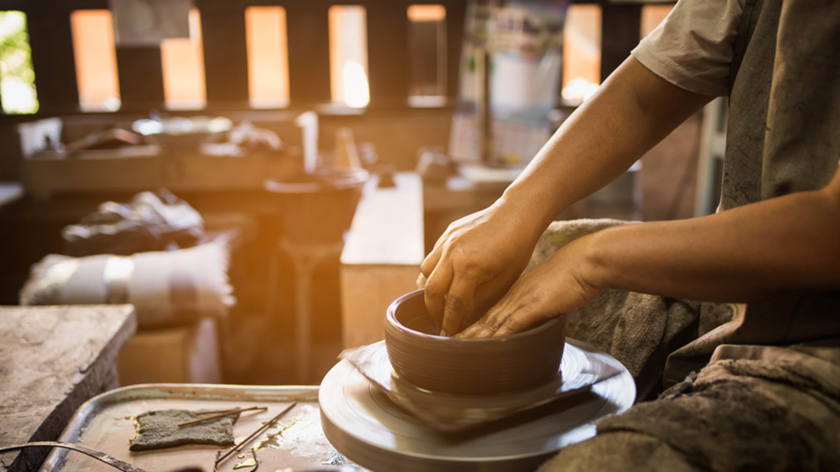
HANDCRAFTED WITH LOVE
We design and carefully source items from independent makers, artisans and entrepreneurs who are creating handmade items that are truly better for our world.
